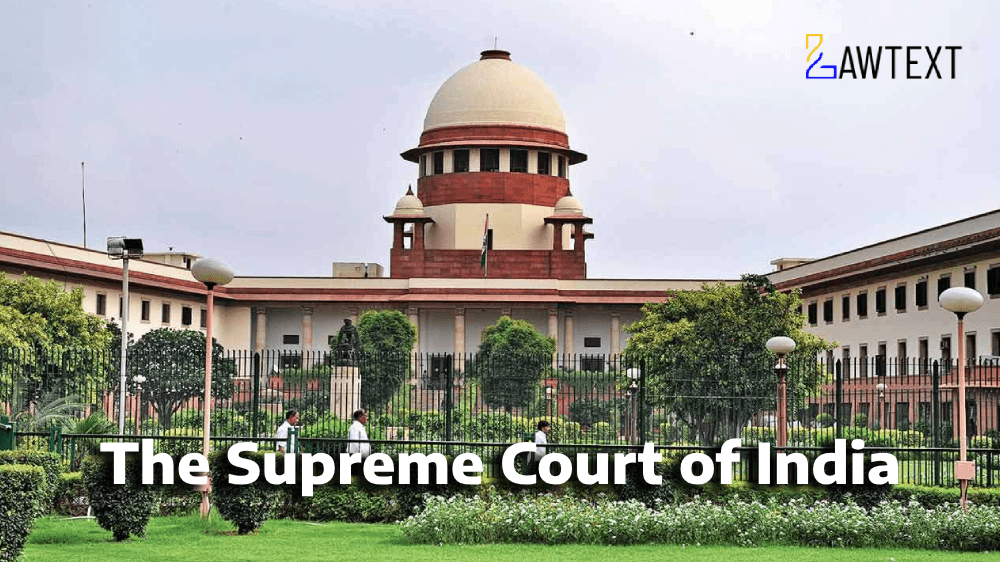

Introduction: Appeal challenges the Madhya Pradesh High Court’s order allowing an amendment to the plaint under Order VI Rule 17 CPC. The High Court set aside a trial court order rejecting the amendment.
Key Question: Whether the High Court erred in allowing the amendment to the plaint filed by the respondents.
Parties: The appellant (defendant) and respondents (plaintiffs) are siblings, children of Smt. Katoribai. The dispute concerns property located in Gwalior.
Will Execution: Smt. Katoribai executed a Will on January 14, 2013, bequeathing the suit property to the appellant (defendant). The plaintiff later questioned the Will’s validity.
Suit and Applications: The plaintiff filed a suit in 2016 for 1/5th share in the property. The defendant produced the Will and documents, while a temporary injunction was granted. The plaintiff sought an amendment to the plaint to include movable properties and question the Will's genuineness.
Trial Court Decision: The trial court rejected the amendment application on March 14, 2018, stating that the application lacked due diligence and was brought after trial had commenced.
High Court’s Judgment: The High Court allowed the amendment, holding that determining the Will's genuineness was necessary for adjudicating the dispute. The court emphasized a liberal approach to amendments, especially since no cross-examination had begun.
Order VI Rule 17 CPC: Allows amendments necessary for determining the real question of controversy, provided the party shows due diligence, especially after the trial has begun. The court must determine whether the amendment is essential to resolve the core dispute.
Arguments by Defendant:
Liberal Approach to Amendments: Courts should adopt a liberal approach, especially if the opposite party can be compensated by costs and the amendment does not cause injustice. Amendments should address material particulars and should not entirely change the nature of the case.
Ratio Decidendi: Determining the genuineness of the Will is crucial to the dispute’s resolution. Without such determination, partition of the property cannot proceed. Hence, allowing the amendment was essential for the trial to proceed on the real issue.
Amendment Allowed: The Supreme Court upheld the High Court’s decision, observing that the amendment was necessary to determine the genuineness of the Will, which lies at the core of the dispute.
No Prejudice to Defendant: The amendment does not prejudice the defendant, as they can be compensated with costs, and the trial will not be unduly delayed.
Focus on Real Controversy: The amendment ensures that the real questions of controversy are addressed without resulting in multiplicity of litigation.
Dismissal of Appeal: The appeal is dismissed, and the Trial Court is directed to expedite the case, including determining the genuineness of the Will.
Civil Procedure, Amendment of Pleadings, Partition Suit, Will Challenge.
Amendment of Pleadings, Partition Suit, Will Challenge, Order VI Rule 17 CPC, High Court Judgment, Supreme Court Judgment, Civil Procedure, Genuineness of Will.
Citation: 2024 LawText (SC) (9) 241
Case Number: CIVIL APPEAL NO………………………OF 2024 (Arising out of Special Leave Petition (Civil) No.30324/2019)
Date of Decision: 2024-09-24
Case Title: DINESH GOYAL @ PAPPU VERSUS SUMAN AGARWAL (BINDAL) & ORS.
Before Judge: (C.T. RAVIKUMAR J. , SANJAY KAROL J.)
Appellant: DINESH GOYAL @ PAPPU
Respondent: SUMAN AGARWAL (BINDAL) & ORS.